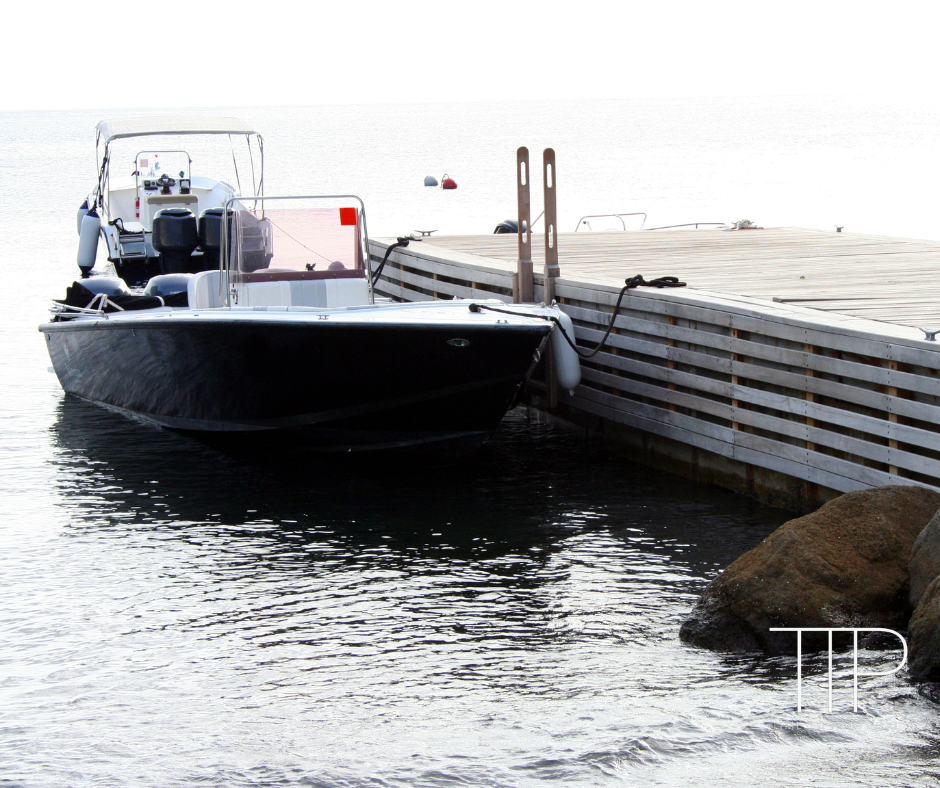Portugal and Spain are the main entry points for drugs from North Africa into Europe. Gouveia e Melo fears that bribes from trafficking networks to the population and the authorities are on the rise.
Relatórios recentes indicam que anualmente três mil toneladas de haxixe produzido no Norte de África entram na Europa, principalmente através das costas portuguesa e espanhola. Este negócio ilícito gera uma movimentação financeira alarmante, estimada em cerca de 70 mil milhões de euros, equivalente a um terço do Produto Interno Bruto (PIB) de Portugal.
As autoridades portuguesas e espanholas estão em alerta máximo, principalmente devido às potenciais ameaças que este tráfico representa, incluindo a possibilidade de subornos a civis e autoridades.
“Agora vamos procurar os traficantes mais longe da costa, no meio oceânico, onde acontecem os encontros logísticos, e temos obtido bons resultados”, adianta o almirante Gouveia e Melo em declarações ao Correio da Manhã.
The navy chief also stressed the danger of bribery of the population by trafficking networks. “They are infiltrating our social structure and corrupting our society. It’s a danger to the state, especially when they try to bribe their own operatives and local authorities,” he said.
In 2023, the National Maritime Authority and the Portuguese Navy, in collaboration with the Air Force and the Judicial Police, stepped up operations to combat trafficking, resulting in the seizure of 33 tons of hashish.
The methods used by traffickers have also evolved. When they detect the presence of the authorities, they often throw the drugs overboard, taking advantage of Portuguese legislation which, unlike Spain’s, is more permissive with regard to suspicious vessels without drugs on board. This legislative difference has been an additional challenge for the Portuguese authorities.
Portuguese security forces are, however, making significant progress. In 2023, in addition to hashish seizures, 87 suspects, mainly Moroccans and Spaniards, were arrested or identified, and 35 speedboats, essential in the transportation of drugs, were seized.
The mission of the Portuguese submarine ‘Arpão’ has been vital in this fight, providing relevant information through intense surveillance in the Mediterranean. Concern about the use of submersibles to transport drugs, a common tactic in Latin America, is also on the authorities’ radar, evidenced by the interception of a submersible loaded with cocaine in 2019.

